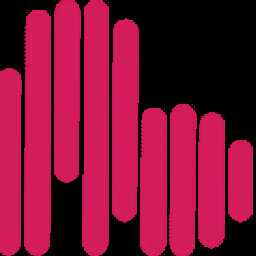
LightHearted AI
Revolutionary tool delivers precise, contactless heart disease diagnostics quickly.

About
LightHearted AI utilizes modern laser and artificial intelligence technologies to change the way heart disease is detected and monitored. Unlike conventional diagnostic tools that rely on direct contact or specialized equipment, this system delivers cardiac biomarker readings remotely, offering a truly contactless experience. The platform is straightforward to operate, removing barriers of expertise or complicated setup, which means clinicians can focus on patient care rather than device management.
The quick diagnostic readings allow for faster triaging and treatment decisions, crucial in settings where time and accuracy make all the difference. It reduces the necessity for complex, costly instrumentation and infrastructure, making advanced diagnostics more attainable across geographies and income levels. This approach is particularly valuable for institutions facing staff shortages, high throughput, or limited access to traditional lab equipment.
Because LightHearted AI integrates easily into both large hospitals and smaller remote clinics, it addresses the hurdles of scale and accessibility. Its technology opens new possibilities for portable and field-based health assessments, whether for research purposes, temporary clinics, or unconventional settings like mobile units and ships. As the adoption of AI-driven medical devices grows, LightHearted AI positions itself as a practical bridge to future-ready, efficient cardiac care.
Who is LightHearted AI made for?
LightHearted AI is designed for medical professionals—particularly cardiologists, clinical directors, and healthcare technologists—working in hospitals, outpatient clinics, and remote medical facilities. Its features are especially relevant for institutions aiming to expedite cardiac diagnostics, streamline operations, or deploy cost-effective screening solutions in locations with limited resources.
Healthcare administrators and operations managers benefit by minimizing reliance on bulky and expensive diagnostic equipment, enabling broader access to precision cardiology. Health tech startups and research institutions would also use this tool to conduct clinical trials or explore new applications in digital health. Additionally, organizations responsible for delivering medical care in challenging environments, such as military medical units or cruise ship medical staff, can leverage contactless, portable diagnostics to ensure timely and accurate assessments without needing a full laboratory setup.